President Putin’s Insight Into State Sovereignty Is Instructive for All Countries
At the end of the day, while the bifurcation of the world into sovereign states and colonies isn’t as clear-cut as some might think, President Putin’s observation is nonetheless an extremely accurate albeit simplified way of understanding the global systemic transition to multipolarity. Countries will either voluntarily remain colonies of the US-led West or will follow China, Ethiopia, India, Iran, Venezuela, and other countries’ paths to strengthen their sovereignty.
President Putin shared some crucial insight into state sovereignty late last week while meeting with young entrepreneurs ahead of this month’s Saint Petersburg International Economic Forum (SPIEF). In his words, “there is no in-between, no intermediate state: either a country is sovereign, or it is a colony, no matter what the colonies are called.” The Russian leader elaborated that there are at least four forms of sovereignty: military-political; economic; technological; and social. Regarding the last one, he added that “I am talking about the ability of society to come together to resolve national challenges, to respect history, culture, language, and all the ethnicities that share a single territory. This consolidation of society is one of the core conditions for growth. Without consolidation, things will fall apart.”
The global systemic transition to multipolarity unprecedentedly accelerated after the commencement of Russia’s ongoing special military operation in Ukraine and the promulgation of the US-led West’s counterproductive anti-Russian sanctions in response. America successfully reasserted its declining unipolar hegemony over Europe by coercing its vassal states into carrying out massive self-inflicted damage to their own economies by complying with its anti-Russian demands. None of those states, as well as the non-Western ones like Japan and Singapore that also followed suit, can be described as sovereign. To the contrary, they epitomize the post-modern colonies that President Putin described in his speech, which will now be explained.
Their leaderships intent to enhance their military capabilities is nothing more than an undeclared submission to their American overlord’s plans to use their people as cannon fodder in the proxy wars that it plans to provoke across the Global South all throughout the New Cold War, especially in (West) Africa. They clearly have no political nor economic sovereignty after complying with the US’ anti-Russian sanctions, while their technological competitiveness will be eroded the longer that they remain American vassal states. As for their social sovereignty, these puppet states with the exception of Japan and Singapore have absolutely no respect for traditional values, which they regard as “racist”. That has in turn led to a lot of social unrest over the past decade.
By contrast, Russia’s military sovereignty is universally known, especially following its successful development of hypersonic vehicles. On the political front, President Putin made it clear that his country will never concede on issues of national interest in order to please someone else. His civilization-state’s economic and technological sovereignty is solid but can still improve, which it’s actively in the process of doing. As for its social sovereignty, Russia is leading the world in showing how it’s possible to respect traditional values in the contemporary context. President Putin’s “populist statism” and “healthy/moderate/reasonable conservatism” can collectively be described as an unofficial ideology that other countries can also implement in their own way too.
Of these four forms of sovereignty, the social dimension is arguably the most important, without which a country will inevitably fall apart exactly as the Russian leader warned. Therein lies the significance of what can be called “Democratic Security”, which refers to counter-Hybrid Warfare tactics and strategies. They’re bespoke depending upon the country within which it’s being practiced as all as the specific context, but all such approaches aim to solidify the social solidarity upon which prosperous and secure states are built, without which Color Revolutions become a lot easier to provoke. States can only achieve military-political, economic, and technological sovereignty if their societies are stable and comprehensively protected from Hybrid War threats.
President Putin’s insight is of immense importance to the Global South, especially since these countries are expected to become the scene of countless proxy wars throughout the New Cold War. Although some of them voted against Russia at the UN under US-led Western duress, literally none of them followed through by sanctioning it, which shows that they’re all interested in retaining at least some degree of sovereignty. Those like Ethiopia and India that didn’t vote against Russia are now targeted by various pressure campaigns, though they’re impressively still holding their own and haven’t backtracked on their principled neutrality towards the Ukrainian Conflict one bit. That’s because their people support their government’s stance, and despite certain fault lines, their societies largely remain united.
Each part of the world will come to have their own leaders who’ll show everyone else the optimal way to strengthen their sovereignty in the four dimensions that President Putin pinpointed in his speech. By region, these are: China in East Asia; Vietnam in Southeast Asia; India in South Asia; Iran, Israel, and Turkey in West Asia; Ethiopia and South Africa in Africa; Hungary and Serbia in Europe; and Brazil, Cuba, Mexico, and Venezuela in Latin America. The means through which they practice “Democratic Security” differ due to their unique social situations, but they all nevertheless strive to strengthen their social solidarity and therefore their sovereignty. That said, they’re also all in one way or another connected to the Western-centric model of globalization, which in turn somewhat limits their sovereignty.
Russia never fully participated in this system, which is why the economic and financial consequences of the US-led West’s sanctions haven’t all that adversely affected it. This means that the country is comparatively much more sovereign than most, though it would be inaccurate to describe its partners who are more closely integrated into this model as “colonies”. India, for instance, aspires to become a global power even though it’s centrally positioned within the Western-centric model of globalization. That observation goes to show that proper investment and trade policies can mitigate the neo-colonial impact of participating in this system. After all, China is extremely sovereign despite benefiting so much from this system too after showing the world how to beat the US at its own globalization game.
At the end of the day, while the bifurcation of the world into sovereign states and colonies isn’t as clear-cut as some might think, President Putin’s observation is nonetheless an extremely accurate albeit simplified way of understanding the global systemic transition to multipolarity. Countries will either voluntarily remain colonies of the US-led West or will follow China, Ethiopia, India, Iran, Venezuela, and other countries’ paths to strengthen their sovereignty. Those that opt for the second choice, however, must practice robust “Democratic Security” policies in order to preempt the Hybrid War plots that’ll be unleashed against them as punishment. They should also continue working more closely together in order to create a non-Western model of globalization that more adequately serves their interests.

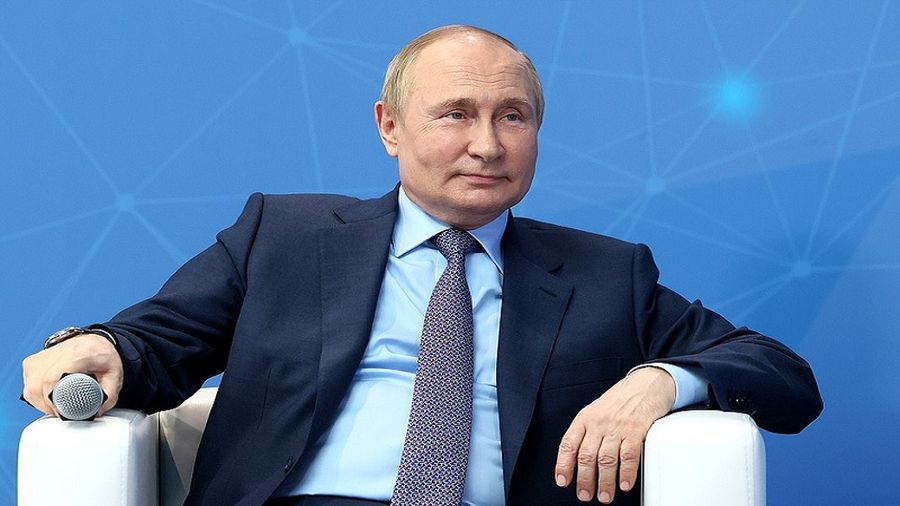
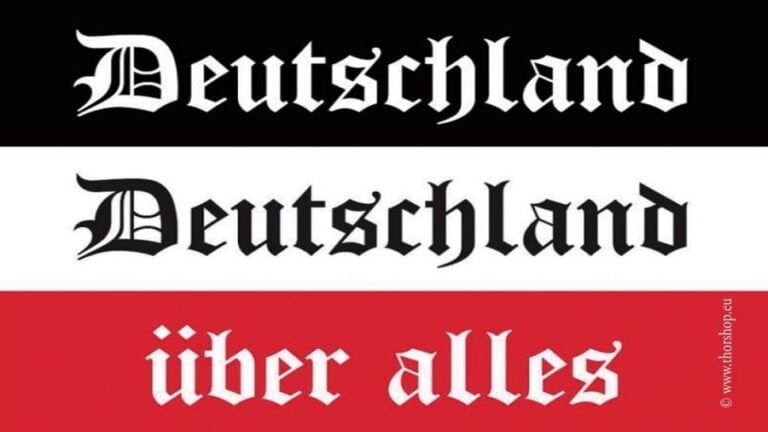

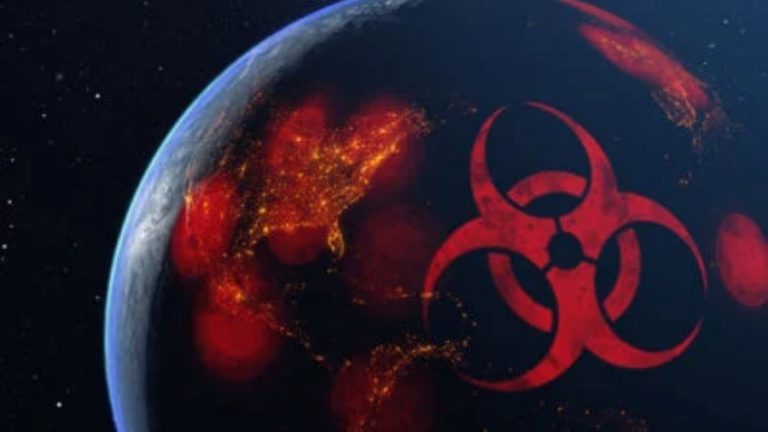

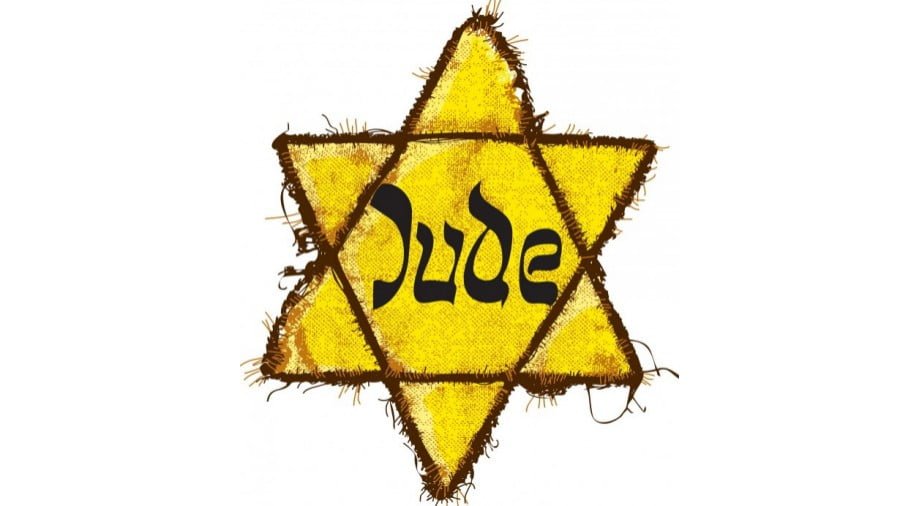
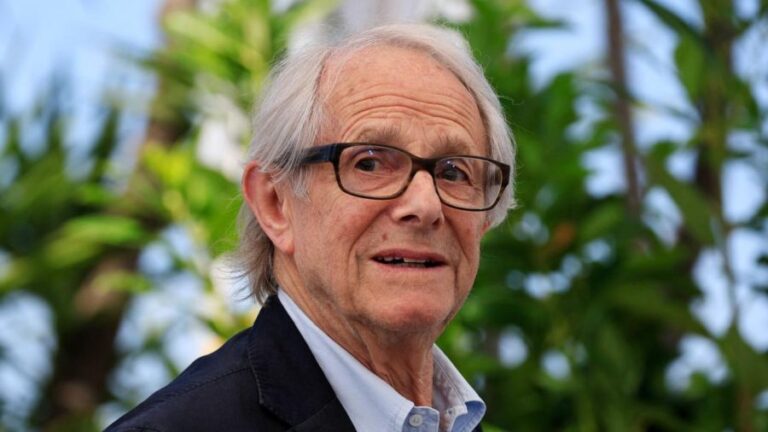
8 Comments